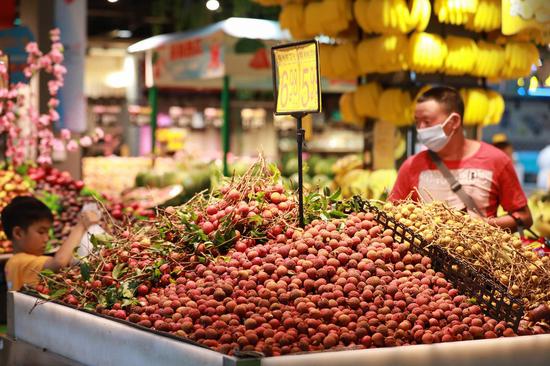
People shop for fruits at a supermarket in Congjiang County of Qiandongnan Miao and Dong Autonomous Prefecture, southwest China's Guizhou Province, July 9, 2022. (Photo by Luo Jinglai/Xinhua)
China's consumer prices remained stable in June, while factory-gate inflation eased for the sixth straight month, as the country's efforts to promote the resumption of production and stabilize supply and prices have gradually paid off.
China's consumer price index (CPI), a main gauge of inflation, rose 2.5 percent year on year in June, said Dong Lijuan, a senior statistician with the National Bureau of Statistics (NBS), on Saturday.
The core CPI, which excludes food and energy prices, gained 1 percent year on year last month. The figure stayed at a significantly low level, reflecting the fact that current consumer prices continue to be moderate, said Wang Qing, a researcher at Golden Credit.
On a monthly basis, June's CPI reversed the 0.2-percent decline in May to remain flat due to effective COVID-19 control and a sufficient supply of consumer goods, Dong noted.
Food prices went down 1.6 percent month on month, expanding from the 1.3-percent decline logged in May, which lowered the monthly consumer inflation by about 0.3 percentage points, according to the data.
Increasing supplies, improved logistics and weakening demand from stockpiling combined to weigh down the prices of vegetables, eggs, fruits and aquatic products in June compared with a month earlier, Dong said.
The price of pork, a staple meat in China, increased by 2.9 percent in June over the previous month. Dong attributed the growth to some farmers' activities, such as hoarding and reluctance to sell, as well as increased consumer demand amid the waning epidemic.
Earlier this week, the National Development and Reform Commission pledged to take timely measures and tighten market oversight to prevent sharp increases in hog prices.
China has been stepping up efforts to ensure the market supply of pork and stabilize prices. The world's largest pork producer and consumer is considering releasing pork from its central reserves and guiding releases from local pork reserves.
Non-food prices rose 2.5 percent from a year earlier, compared to the 2.1-percent rise in May, lifting the yearly consumer inflation by about 2.01 percentage points.
Boosted by rising international oil prices, the prices of gasoline and diesel continued the upward trend, with year-on-year growth of 33.4 percent and 36.3 percent, respectively.
As service consumption has improved, airfare and travel prices extended gains, with month-on-month growth of 19.2 percent and 1.2 percent, respectively.
Saturday's data also showed that China's producer price index (PPI), which measures the costs of goods at the factory gate, went up 6.1 percent year on year in June, narrowing by 0.3 percentage points from a month earlier.
Dong attributed the PPI ease to continued efforts to accelerate production resumption and unclog industrial and supply chains, as well as effective policies to ensure stable prices and supplies.
In the first half of this year, China's CPI edged up 1.7 percent year on year, while the PPI climbed by 7.7 percent from a year ago.
Looking ahead, analysts warn of combined pressure from structural inflation and imported inflation.
The gradual recovery of demand is expected to drive up the core inflation level from below 1 percent to historical averages of 1.2 percent to 1.5 percent, said Wen Bin, chief economist at China Minsheng Bank.
Wen said he expected the annual average CPI to remain within this year's target of around 3 percent, despite a likely rise in the second half of this year, while the PPI may continue to ease due to a high comparison base last year and a slowdown in global commodities price hikes.











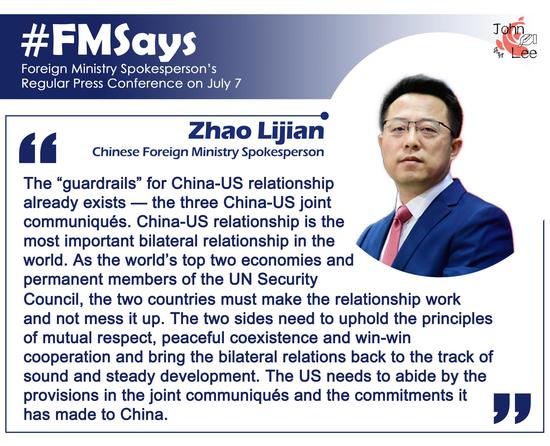

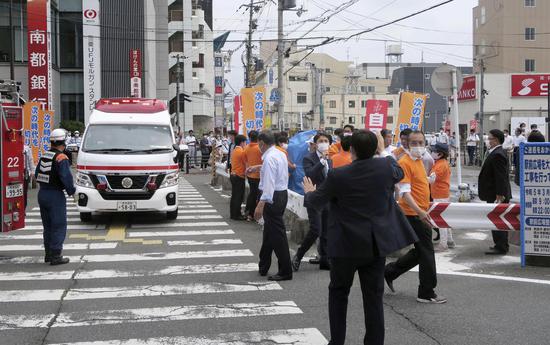
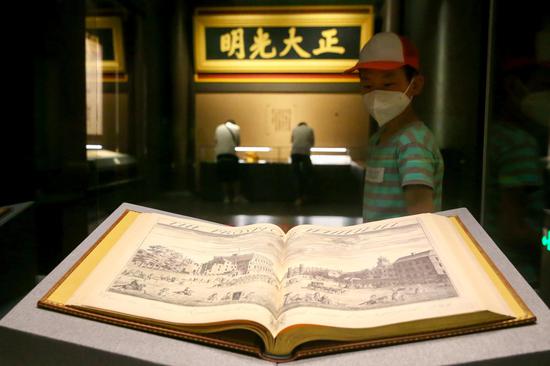






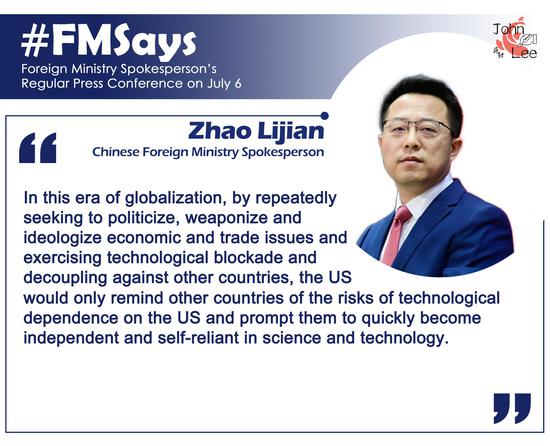
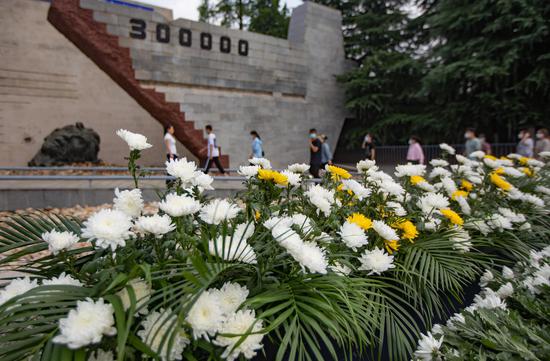


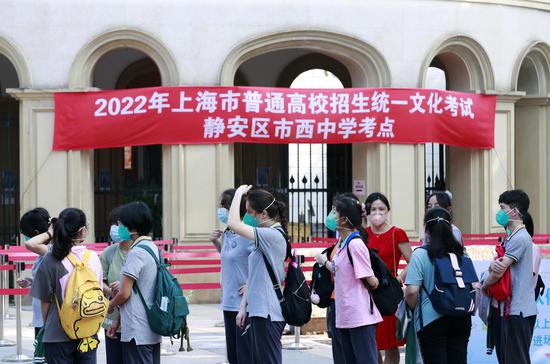


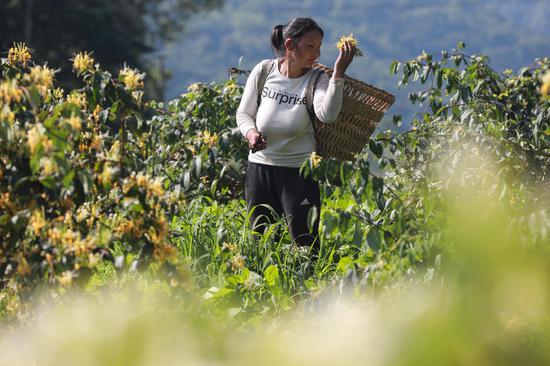
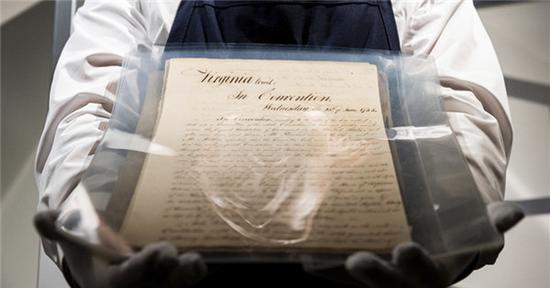
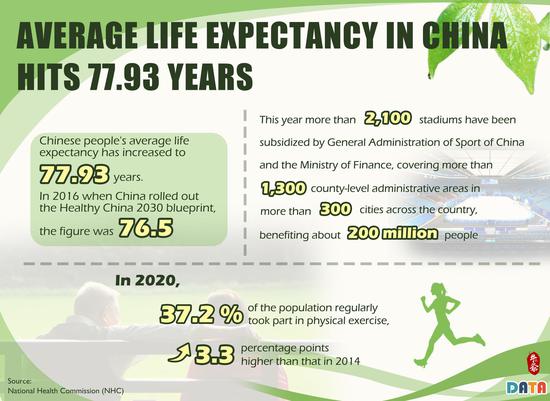

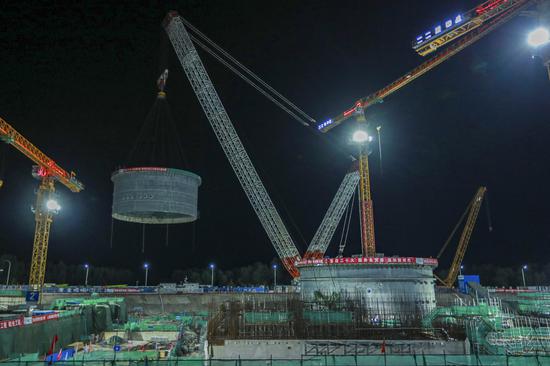
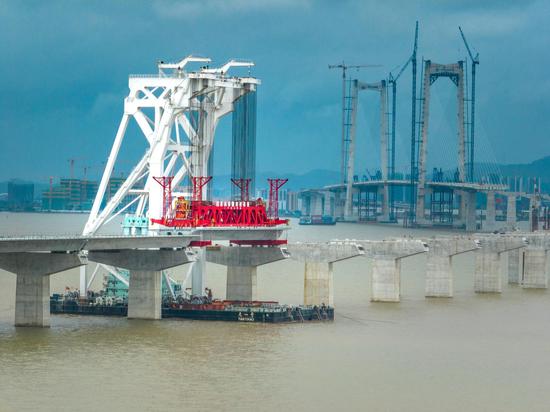
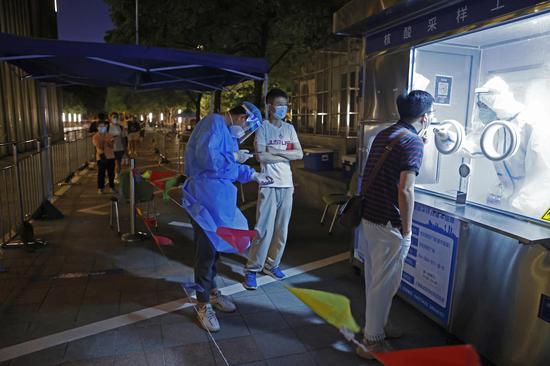

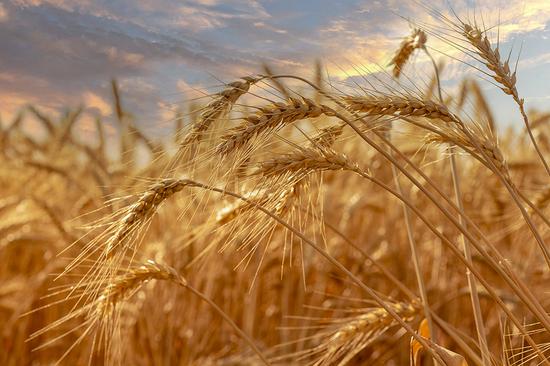
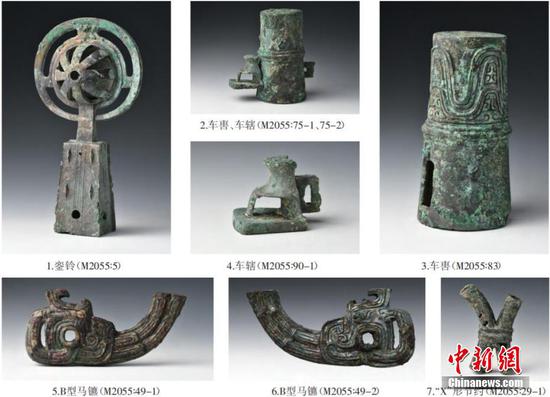




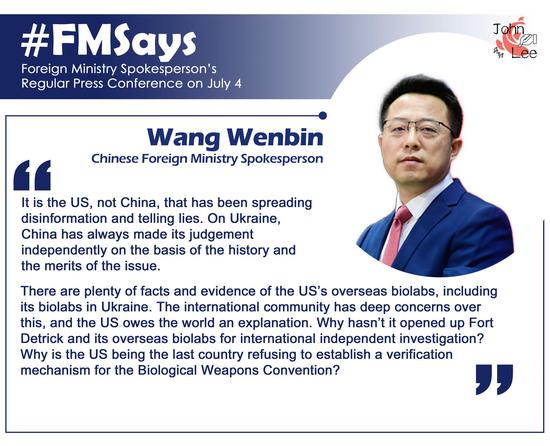
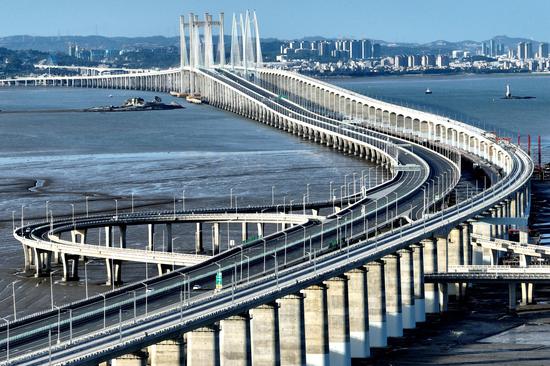
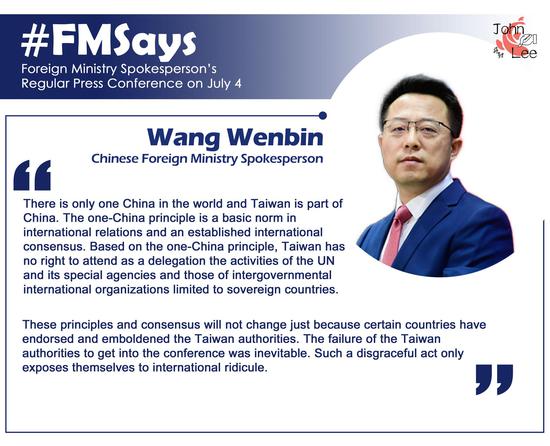





 京公网安备 11010202009201号
京公网安备 11010202009201号